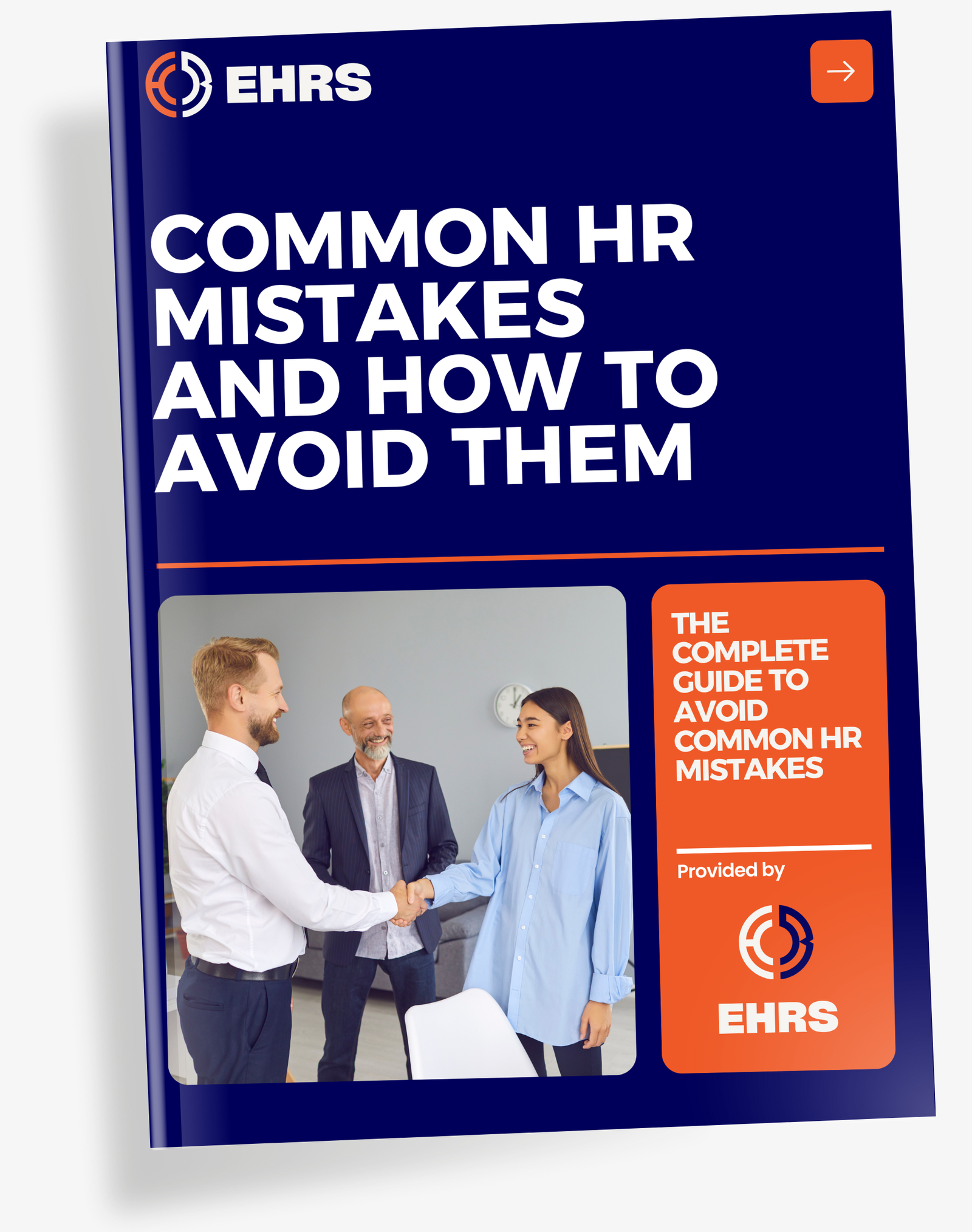As we’re diving well into 2025, we see that numerous businesses in Europe face complex management challenges, ranging from regulatory compliance to properly managing a geographically dispersed workforce.
Due to this, we see the appearance of a powerful solution in the form of an automated HR platform, with one goal in mind – to address these challenges and help businesses increase efficiency in their operations.
Let’s see what kind of a role the this software have in managing a European workforce:
What Are HR Automation Platforms?
Automated HR platforms are software systems that have been specifically designed to manage different HR functions with great efficiency. These platforms serve to replace manual processes with automated workflows, thus reducing human errors and saving valuable time.
Key Features of an Automated HR Platform
Recruitment, payroll, performance management, compliance monitoring, and a whole host of other HR activities are just some of the aspects that these platforms handle, enabling the HR team to focus on other strategic initiatives.
That said, let’s take a more in-depth look at the main features of using an automated HR platform:
1. Recruitment & Onboarding
HR automation tools for recruitment can be used to simplify the hiring process by streamlining job postings, resume screening, and interview scheduling. Once a candidate is selected, the onboarding process is equally seamless, with automated documentation, task tracking, and training schedules.
2. Payroll Management
These platforms ensure accurate and timely payroll processing, including tax calculations, benefits deductions, and compliance with country-specific labor laws. Multi-currency and multi-language support make them particularly useful for businesses with operations in multiple European countries.
3. Performance Management
Automated systems provide tools for setting employee goals, tracking progress, and conducting regular performance reviews. This fosters a culture of continuous feedback and helps align individual goals with organizational objectives.
4. Compliance Monitoring
Given Europe’s diverse regulatory environment, an automated HR platform include compliance management features that monitor local labor laws and generate alerts for any updates, ensuring that businesses remain compliant.
5. Employee Self-Service Portals
These platforms often come with self-service options, allowing employees to access their payroll, request time off, and update personal information without requiring HR intervention.
Benefits of Automated HR Platforms
We can safely state that using an automated HR platform has a great deal of benefits, but for the purpose of this article, we’re going to focus on the following associated improvements:
1. Improved Efficiency and Productivity
Automating repetitive tasks such as payroll, attendance tracking, and benefits management allows HR platforms to free up valuable time for HR professionals. These HR processes that can be automated will increase efficiency and allow allows HR teams to focus on strategic initiatives, such as workforce planning and talent development.
2. Improved Compliance
European labor laws vary significantly between countries, and staying compliant can be a daunting task. HR platforms simplify this process by providing real-time updates and automated compliance checks, reducing the risk of legal penalties.
3. Increased Cost Savings
Automation reduces the need for extensive manual intervention, minimizing errors and avoiding costly administrative mistakes. It also reduces the reliance on external consultants for routine HR tasks, resulting in long-term cost savings.
4. Improved Data-Driven Decision Making
HR platforms collect and analyze data on employee performance, turnover rates, and engagement levels. These insights help businesses identify trends and make informed decisions to optimize their workforce strategy.
5. Improved Employee Experience
Employee self-service portals empower employees to manage their own HR-related tasks, such as accessing payslips or submitting leave requests. This convenience enhances the overall employee experience and fosters a sense of autonomy.
HR Automation Platforms in Europe – How Businesses Can Use Them
If you’re a business owner and want to enroll the assistance of an automated HR platform, then here are some of the most important aspects you will receive support on in daily operations.
1. Simplifying Regulatory Compliance
With each European country enforcing its own labor laws and regulations, compliance can be a major challenge for businesses. HR platforms help organizations stay compliant by automatically tracking legal requirements, generating necessary reports, and alerting HR teams to any changes in local regulations. This reduces the likelihood of non-compliance and associated penalties.
2. Managing a Distributed Workforce
The rise of remote and hybrid work models has made it essential for organizations to adopt systems that can manage employees across multiple locations. HR platforms facilitate seamless communication, performance tracking, and employee engagement regardless of physical location, making them invaluable for managing a geographically dispersed workforce.
3. Supporting Talent Acquisition and Retention
These platforms enable organizations to attract top talent by optimizing recruitment processes and offering a positive candidate experience. Additionally, by providing robust performance management tools and fostering clear career development pathways, HR automation platforms for employees can play a key role in retaining valuable personnel.
4. Optimizing Payroll Across Borders
Payroll management in Europe is complex due to differences in tax rates, social security contributions, and labor laws. Simplify this process by centralizing payroll operations and ensuring compliance with local regulations. They also offer multi-currency support, making them ideal for organizations with operations in multiple countries.
Challenges of Implementing Automated HR Platforms
There are many benefits to using automated platforms, as we have discussed above, but there are also many challenges that organizations must address to fully utilize these processes.
The following challenges are important to address immediately:
1. Data Privacy & Security
Given the sensitive nature of HR data, organizations must ensure that their chosen platform complies with data protection regulations such as the General Data Protection Regulation (GDPR). This includes implementing robust encryption, access controls, and regular security audits.
2. Integration with Existing Systems
Seamless integration with other business systems, such as accounting and project management tools, is crucial for maximizing the platform’s potential. Lack of integration can lead to data silos and inefficiencies.
3. User Adoption
Employees and HR staff must be trained to use the platform effectively. Resistance to change or lack of understanding can hinder the platform’s adoption and limit its impact.
4. Cost of Implementation
While automated platforms offer long-term cost savings, the initial investment in software, training, and system customization can be significant. Organizations must carefully evaluate their budget and ROI before implementation.
Automated HR Platform Trends in 2025 & 2026 – What Does the Future Say?
The first quarter of 2025 is almost at an end and we can already see a pattern of trends emerging regarding streamlining HR processes, but what does the future hold?
What can we expect moving forward for the remainder of this year and going into 2026?
1. Artificial Intelligence & Machine Learning
Future platforms will increasingly leverage AI to provide predictive analytics, automate complex decision-making, and personalize employee experiences. AI-driven recruitment tools, for example, can identify top candidates and predict their potential success within the organization.
2. Advanced Analytics & Reporting
HR platforms are expected to offer more sophisticated analytics capabilities, enabling organizations to delve deeper into workforce metrics and identify actionable insights for improving productivity and engagement.
3. Mobile-First Platforms
With the rise of remote and mobile workforces will prioritize mobile accessibility, allowing employees and managers to perform HR tasks anytime, anywhere.
4. Enhanced Employee Engagement Tools
Future platforms will focus more on fostering employee engagement through gamification, real-time feedback mechanisms, and well-being monitoring.
Wrapping Up
The role of an automated HR platform has transformed the way organizations manage their workforce, particularly in the diverse and complex European market.
Streamlined HR processes, improved regulatory compliance, and valuable data insight are just some of the many benefits HR teams enjoy so they can focus on other strategic objectives to drive their business’ success.
Technology will continue to evolve, and we see the trends regarding HR automation platforms that will continue to play a critical role in shaping the future of workforce management.





